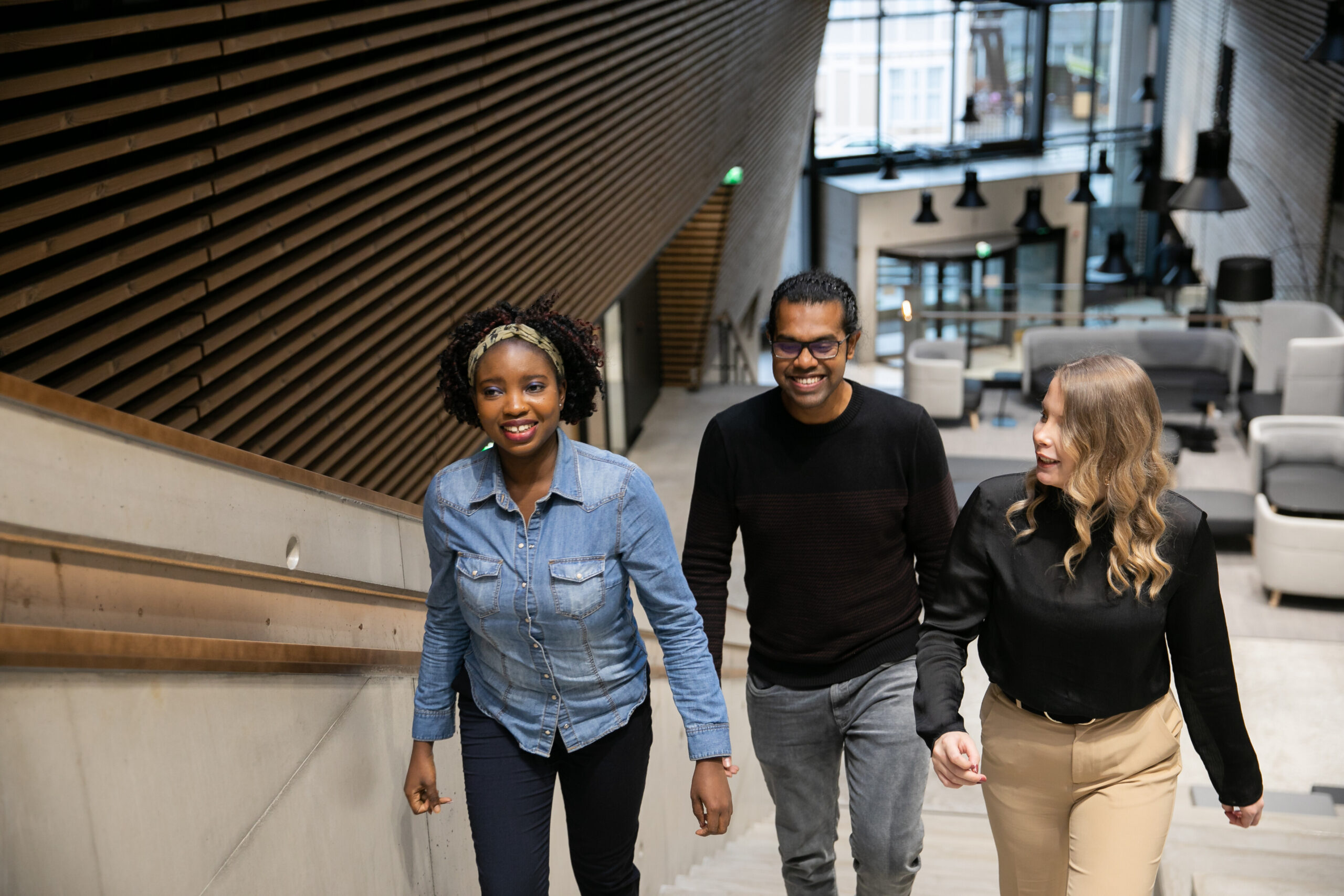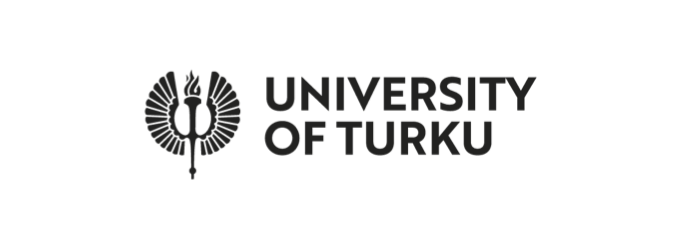Faculty members who genuinely support and guide master’s students. Good career prospects after graduation. High-quality research. Unique programmes. These are some words students use to describe their time here at the University of Turku (UTU) Faculty of Social Sciences.
Since 1920, UTU has cemented itself as one of the most international universities in Finland. Every year, the university ranked among the top 1% of universities in the world becomes the second home of over 2,500 international students.
They’re there to pursue programmes with big goals. The curriculum, course structure, and study contents are designed to meet the ambitious standards in any given field.
Take the Faculty of Social Sciences, for example. It offers two master’s degree programmes in English: Master’s Degree Programme in East Asian Studies and Master’s Degree Programme in Inequalities, Interventions and New Welfare State (MPInvest). The latter is offered by the INVEST Research Flagship Centre, which aims to provide a new model for the welfare states that is more equal, better targeted to problem groups, more anticipatory as well as economically and socially sustainable.
“The uniqueness of the master’s programme comes from the cross-disciplinary approach of INVEST in analysing societies, families, and individual life courses,” says lecturer Sanni Kotimäki. “INVEST combines sociology, demography, psychology, child psychiatry, and related research fields, which shows in our education and promotes a comprehensive understanding of inequalities, interventions, and state welfare.”

Sanni Kotimäki’s research interests are focused on life courses, socioeconomic health disparities, intergenerational effects and the mechanisms behind these phenomena. Source: University of Turku
In classes, there’s no shortage of great educators like Kotimäki that will challenge your thinking. From simulations to mobile lectures, UTU professors pair traditional teaching methods with modern approaches. “In the ‘Prevention and Intervention’ course, students get to apply the gained knowledge by designing their own intervention and in research seminars,” says Kotimäki.
The best part? Learning is hands-on at UTU and every student, international or local, is guaranteed an internship subsidy, which covers part of the intern’s salary costs and is paid to the internship employer. UTU has made it their goal to ensure that every international student and doctoral candidate graduating from UTU will be employed in a role that complements their degree.
Hear from these two students on how UTU gets them ready for the next steps in their professional and personal lives:
Fateme Farmani

Fateme Farmani is a student pursuing the Master’s Degree Programme in East Asian Studies. Source: University of Turku
Fateme Farmani from Iran was inspired to deepen her knowledge about women empowerment in East Asian countries after watching “Spirited Away,” an iconic Studio Ghibli film by Hayao Miyazaki. “These animations showed me women who could be anything they wished to be and they have had a great impact on me that led me to choose my path in life,” she says.
Farmani made it her life’s calling to reduce gender inequalities and UTU’s Master’s Degree Programme in East Asian Studies was the perfect vehicle to realise her goal. “[Teachers] guide you through your course and if you encounter any problem, they always try to help you. They are also so friendly,” she shares. “Since the education system is not hierarchical, you can express your thoughts easily with them.”
With over 300 optional and minor English studies, Farmani gained valuable insights into East Asian countries. “The Japanese Politics and Society course provided me with valuable perspectives on central issues in modern and contemporary Japanese politics, government, and foreign policy,” says Farmani, who worked as a freelance Japanese translator.
Farmani speaks highly about the internship opportunities at the Centre for East Asian Studies (CEAS).” The CEAS internship programme will allow students to explore and develop careers, learn new skills, prepare them for their future jobs, and give them perspective and insights about the Finnish working environment,” she says.
Okoli Chisom Chibuikem

Okoli Chisom Chibuikem is pursuing his Master’s Degree Programme in Inequalities, Interventions and New Welfare State at UTU. Source: University of Turku
A big factor that motivated Okoli Chisom Chibuikem to pursue a Master’s Degree Programme in Inequalities, Interventions and New Welfare State (MPInvest) was the programme’s quantitative research methods. It complemented the knowledge from his BSc in Political Science and would allow him to learn more about data analysis.
Customisable courses were a valuable component of his master’s programme. “It helped me identify the research areas I want to cover as I am considering pursuing a PhD,” he says. “The courses cover concepts from demography, family relationships and socio-economic well-being.” In this, he found his interest in social policy, specifically on welfare in the state.
Research-based learning helps students like Chibuikem to apply the knowledge they gain in the classroom. Learning facilities like the e-library platform Volter or digital lab rooms allow students to access various study materials and conduct quantitative analysis.
That’s not all. Support is available every step of the way. “Students here are often encouraged to reach out to teachers first, especially when they encounter a problem relating to studies or the course work in general,” says Chibuikem.
Follow University of Turku on Facebook, Instagram, Twitter, LinkedIn and Youtube











